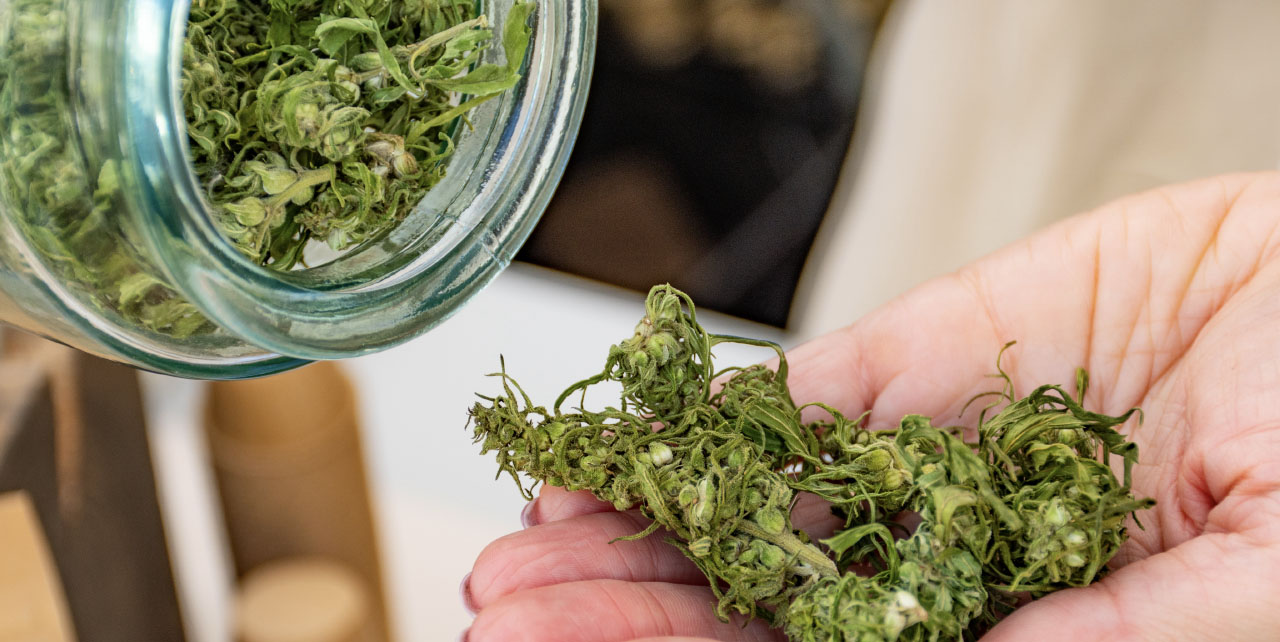Easing Restrictions on Cannabis
Impact of DEA Marijuana Rescheduling on the CBD/Hemp Industry
The DEA’s decision to reclassify marijuana from Schedule I to Schedule III under the Controlled Substances Act (CSA) is a significant development not only for the marijuana industry but also for the CBD and hemp industries. This reclassification signals a more progressive federal stance on cannabis-related products, which could have several important implications for the CBD and hemp sectors.
“Shares of cannabis-related companies surged in Tuesday trading, with Tilray Brands jumping as much as 33%, while Canopy Growth Corp. soared nearly 40%. Meanwhile, the MJ PurePlay 100 Index, which tracks 95 global stocks exposed to the cannabis industry, climbed about 18%, its biggest one-day gain since October 2022.”
“Rescheduling is likely to bring a vibrant return of investor interest that could quickly move the sector back to robust optimism,” said Morgan Paxhia, co-founder of Poseidon Investment Management, which invests in cannabis.
Current Landscape of the CBD/Hemp Industry
Before diving into the potential changes, it's essential to understand the current regulatory framework for CBD and hemp:
2018 Farm Bill:
This legislation legalized the cultivation and sale of hemp and hemp-derived products, provided they contain no more than 0.3% THC. This effectively separated hemp from marijuana under federal law.
FDA Regulation:
The Food and Drug Administration (FDA) regulates CBD products, especially those intended for human consumption. However, the FDA has been slow to create a clear regulatory pathway for CBD in foods and supplements.
State Variability:
While hemp-derived CBD is federally legal, state regulations vary widely, creating a patchwork of laws that complicates interstate commerce and product consistency.
Potential Impacts of Marijuana Rescheduling
Clarified Legal Status and Reduced Stigma:
Legal Certainty: Reclassifying marijuana to Schedule III could help clarify the legal status of CBD and hemp products, reducing the stigma associated with cannabis-related products. This might lead to broader acceptance and integration of CBD products into mainstream markets.
Consumer Confidence:
As federal attitudes toward cannabis become more favorable, consumer confidence in CBD products is likely to increase, potentially boosting market demand.
Easier Access to Research and Development:
Expanded Research Opportunities: The rescheduling would facilitate more extensive research into the benefits and risks of CBD and other cannabinoids. This can lead to the development of new, scientifically backed products and improved formulations.
Informed Product Development:
Better research could inform product development, allowing companies to create more effective and targeted CBD products for specific conditions.
Regulatory Harmonization:
Uniform Regulations: The shift in marijuana classification might prompt the FDA to expedite the establishment of a clear regulatory framework for CBD products. This would standardize quality, safety, and labeling requirements across states, simplifying compliance for businesses.
Improved Market Access:
With clearer regulations, CBD companies could more easily navigate the market, expanding distribution channels and entering new markets with fewer legal hurdles.
Economic Opportunities:
Investment and Growth: A more favorable regulatory environment could attract more investment into the CBD and hemp industries, fostering innovation and growth. Companies might see increased funding for research, development, and expansion.
Job Creation:
The potential for market expansion could create new job opportunities within the CBD and hemp industries, from cultivation and extraction to retail and marketing.
Access to Banking:
One of the significant hurdles for cannabis-related businesses, including those in the hemp industry, has been the lack of access to banking and financial services. Reclassifying marijuana could alleviate some of these issues, making it easier for CBD and hemp businesses to secure loans, manage payments, and handle other financial transactions.
Challenges and Considerations
Despite these potential benefits, several challenges and considerations remain:
Regulatory Lag:
The FDA’s regulatory process can be slow, and it may take time before comprehensive guidelines for CBD products are established.
State Compliance:
Even with federal rescheduling, businesses will still need to navigate varying state laws and regulations.
Market Saturation:
Increased market entry could lead to saturation, intensifying competition and driving the need for differentiation and high-quality products.
The DEA’s move to reclassify marijuana from Schedule I to Schedule III is poised to positively impact the CBD and hemp industries. It offers the promise of clearer legal status, expanded research opportunities, regulatory harmonization, and economic growth. However, businesses must remain vigilant and adaptable as they navigate the evolving regulatory landscape and leverage these changes to innovate and expand their market presence.




